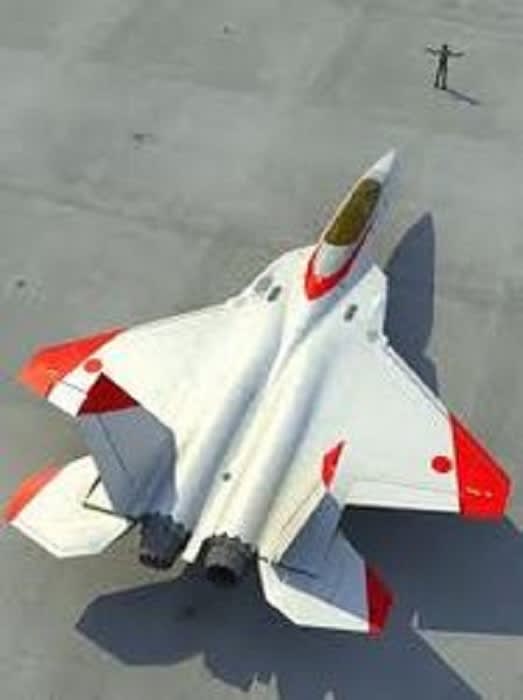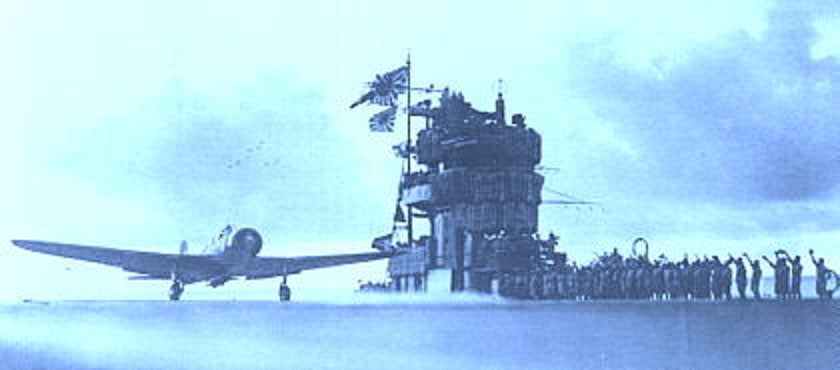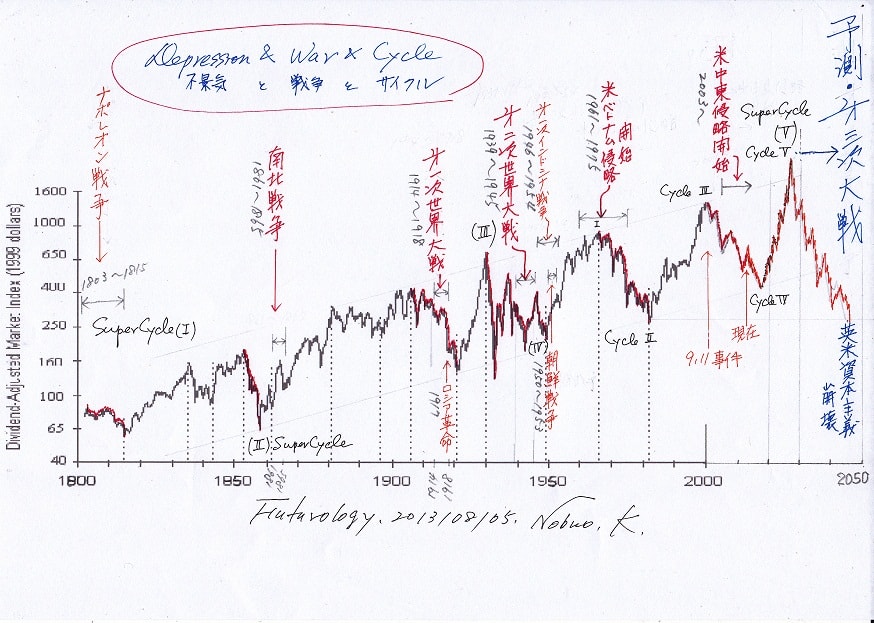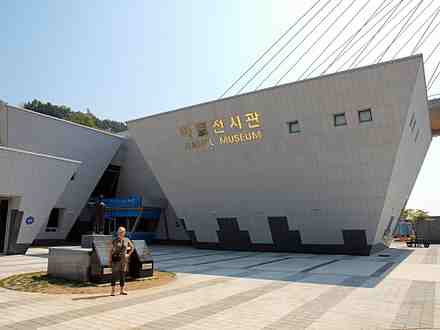★ 以下 http://blog.goo.ne.jp/mannizawa/e/1a6169b3873e87fd39d13c2dcb421ecc から転載
国王陛下のスピーチ
2014-10-31 | 歴史・政治
オランダ国王陛下の晩餐会におけるスピーチをめぐって、前の私の文章に関して、コメント欄でいささか論議になっていたので、参考までに国王のスピーチの全文を転載しておく。
ただ12月初旬に出す小説の校正中で、時間がないのでこれに対して
感想を述べる時間はない。
シンプルな英語でしかし格調高く、天皇陛下への礼は尽くしつつ、欠点のない見事な挨拶文である。
むろん、日蘭の政治と歴史に通暁したプロが作成、それにおそらく
文章の手練れが手を入れたと推察される。
心情的に謳い上げるところは謳い上げ、良い仕事をしている。
ただ内容に対しては、もう本当にたくさん言わせていただきたいことが
あるのだが・・・・
たとえば歴史を述べるにしてもオランダが日本に
やって来たのは端的に侵略目的であった。
一事が万事で、残りの文言も全て自国の悪辣さは棚に上げ、あくまでも自らは善意の犠牲者の立場に据え、日本をさりげく「悪人」と規定、それも露骨ではなく優雅な手法で、なかなか外交的には立派な文章である。しかし感心してもいられない。加害者としての自らを棚に上げ、被害者として自己を位置づけ、賠償金を取りに来る国は他にもあるが。
一端しか述べる時間がない。
いずれ改めて書くかもしれぬが。
追記
たとえば出島に関するこの記述。
Deshima was the place where we learnt each other's language and studied each other's science and culture.
嘘ではないが、事実の一端にしか触れず、日本侵略と奴隷化目的を腹に持っていた根っこはスルー、という華麗な技。
更に追記
出島入口に立てられた「制札」にいわく、
禁 制
一、 傾城之外、女入事
出島には遊女以外の女性の出入りは禁止。
日本の遊女を抱いていたオランダ人が、韓国の尻馬に乗って慰安婦を問題にするとは笑止。
 遊女を選ぶオランダ人。
遊女を選ぶオランダ人。
白馬事件は個人の事件で処刑含めて、処理済み。これをもって、日本がその件に関して潔白とは金輪際言わぬし、反省も必要だがそれをもってして、毎度毎度永久に外交の席で言われなばならぬ一件ではない。インドネシアではオランダ、お主たち何をしたか・・・・
いや書きたいが時間切れ。
更に追記 時間を細切れで見つけつつ・・・
1944年4月 軍司令部が4ヵ所の慰安所を閉鎖。 小田島董大佐の勧告による
1948年 オランダのバタヴィア臨時軍法会議にかけられる。 12名のうち11名が有罪、うち1名が死刑。
1990年 対日道義的債務基金(JES)設立。 総額2億5500万円をオランダ人女性に支払い始めた。
2001年 総額2億5500万円を支払い終わる。
これで決着。
韓国への妥協案で韓国に騙されて出された虚偽に満ちた河野談話を、オランダが引き合いに出すのは筋が違う。いつまでネチネチと言い続ける気か。
参考までに。
*1810年、オランダが皇帝ナポレオンの率いるフランスに併合され、翌11年にはバタヴィアがイギリスの占領下に置かれたため、1810年から3年間、出島には1隻のオランダ船も入港しなかった。この間、食料品などの必需品は、幕府が無償で提供し、長崎奉行は毎週2、3回、人を遣わして不足品があるかないかを問い合わせていた。その他の支払いについては、長崎会所の立て替えを受けてしのいでいたが、それでも文化9年(1812年)には、その総額が8万200両を超えた。この間、オランダ商館は商館長ドゥーフの所蔵している書籍を売るなどして財政難をしのいだ。その後、1815年にはネーデルランド王国が成立。つまりこの5年間、世界中でオランダ国旗がひるがえっていたのはここ出島だけだった。(Wiki)
救けられたことへの感謝無く、ひたすら被害者として責める手口もどこかと同じ。
要するに「
たかが色付き人種」がインドネシアを開放したことに、恨み骨髄なのである。植民地は今オランダは小さな島しか持ってない。今現在もオンタイムでひしひしと感じる、欠落感と怨念であろう。しかも黄色い猿にしてやられた悔しさ。
オランダはインドネシアに謝罪と保障を十分にしたのだろうか?
女王陛下が「植民地支配はお互いに恩恵を与えた」と言い放つ国だから。
・・・・・・・・・・・・・・・・・・・・
http://www.koninklijkhuis.nl/globale-paginas/taalrubrieken/english/speeches/speeches-archive/2014/oktober/speech-by-his-majesty-the-king-at-the-state-banquet-on-the-occasion-of-the-state-visit-to-their-majesties-the-emperor-and-empress-of-japan-tokyo/
Speech by His Majesty the King at the state banquet on the occasion of the State Visit to Their Majesties the Emperor and Empress of Japan, Tokyo
29 oktober 2014
29 October 2014
Your Majesty,
It is a great pleasure for my wife and I to be here as your and Empress Michiko's guests. And we are all the more grateful that Crown Prince Naruhito and Princess Masako are here to welcome us too. I have visited your country on many occasions. But this is the first time that I am here as King of the Netherlands. Our first State Visit outside Europe is to your country. A country with which we share a unique history and - we are sure - a successful future.
Let me quote a haiku written in 1679 by the great poet Basho:
Oranda mo
Hana ni kinikeri
Uma ni kura
The Dutchmen too have
come to see the cherry blooms
Saddle my horse!
It is now autumn, not spring. Yet I wanted to bring this poem to mind. It recalls a time when the Dutch were the only Westerners permitted to enter your country.
For over 200 years, the Dutch trading post of Deshima was the only link between Japan and the West. A narrow bridge between two worlds - two civilisations. A bridge which carried not only spices, sugar, textiles and copper, but also books, instruments, artworks,
knowledge and ideas.
The city of Nagasaki deserves praise for the restoration of this historic site and the reconstruction of the bridge. I hope I'll get a chance to walk across it one day.
Deshima was the place where we learnt each other's language and studied each other's science and culture. An important role was played here by Japan's rangakusha, who studied Western learning through Dutch texts. In fact, a man who spoke Dutch - the renowned Fukuzawa Yukichi - graces your 10,000 yen notes to this day. It is fascinating to think that for so many years, Japan looked out at the Western world through a small Dutch window.
Your Majesty,
Even when Japan opened up to the rest of the world, the relationship between our countries remained close. For instance in the fields of medical science and water management. The Dutch engineer Johannis de Rijke is still famous in your country.
We realise, though, that even back then, Japan had a long tradition of hydraulic expertise. Deshima, for example, was an engineering triumph. An artificial island in the sea, built on piles, which survived many a typhoon.
We will not forget the history of our forefathers. Their hard work, their creativity, their achievements and their interaction shaped the world in which we now live. Their history will never be 'over'. Its fruits will remain with us - both the sweet and the bitter.
So we will not forget - cannot forget - the experiences of Dutch civilians and soldiers in the Second World War. The wounds inflicted in those years continue to overshadow many people's lives. Grief for the victims endures to this day. Memories of imprisonment, forced labour and humiliation have left scars on the lives of many.
The Japanese people, too, suffered terribly during the war, especially in the final phase, marked by such destructive violence.
Acknowledging the suffering of others provides a foundation for reconciliation. Many in Japan and the Netherlands have actively worked to foster such reconciliation, enabling new trust to grow.
For centuries, a tiny bridge only five metres wide was the only link between our two countries. Today, countless bridges of friendship and partnership connect Japan and the Netherlands. Across the seas, the skies and cyberspace.
Over 450 Japanese businesses are active in the Netherlands. They directly employ over 35,000 Dutch people. In turn, Dutch entrepreneurs and experts are contributing to economic advances in Japan.
We are working closely to find sustainable sources of energy. The Netherlands is also glad to be able to help rebuild the horticulture sector in Miyagi, one
////////////////////////////////////////////////////////////////////////////////////////
● インドネシア独立の時、オランダがのこのこと舞い戻ってきて、インドシナを再び植民地にすべく
虐殺弾圧したのは歴史の常識ですが、ここまでしつこいとは改めて白人国家の醜悪さを
見せつけられる思いです。それも王室が率先するとは、下から上まで腹黒いと
言えます。
● 何故、彼らはこのように異常に腹黒いのでしょうか? ユダヤ人などが多いからでしょうか?
ぜひとも知りたいものです。

























